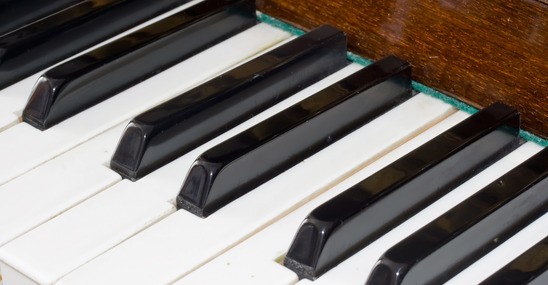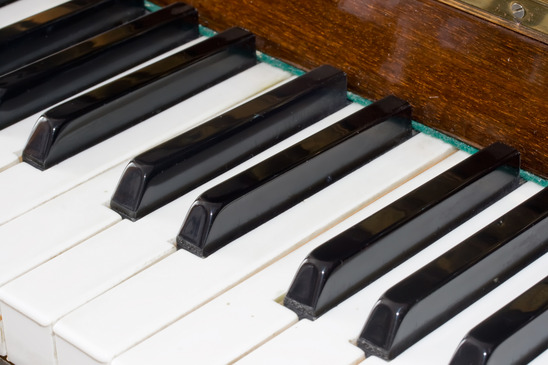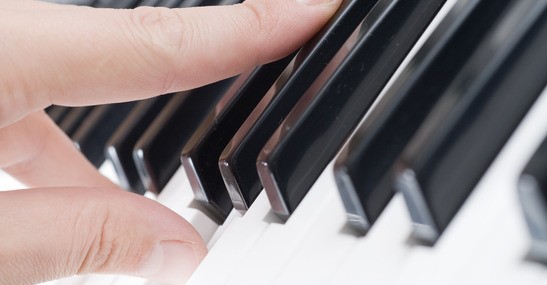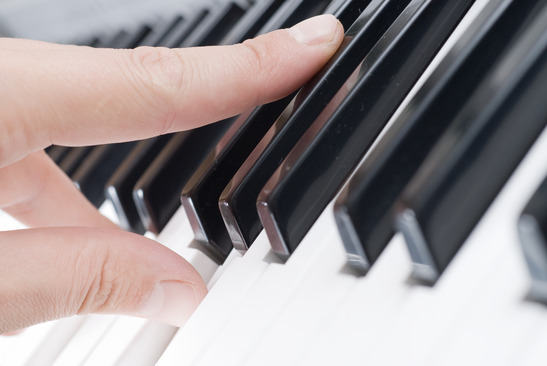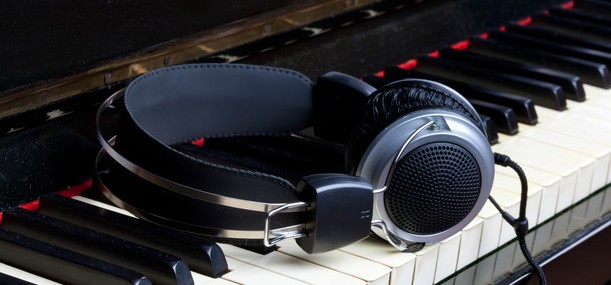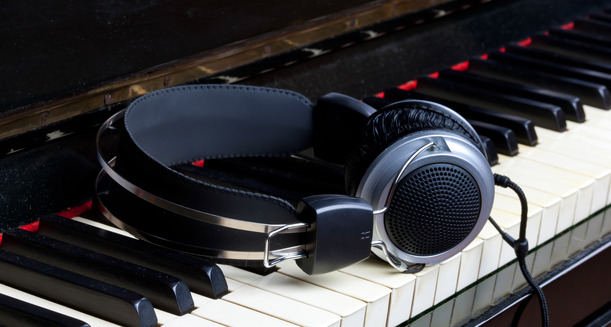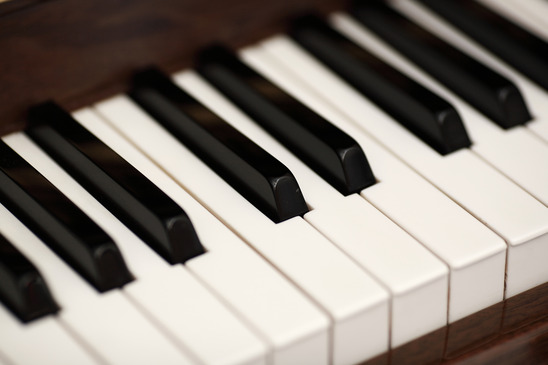Your child is growing so fast. Today its learning to run and the ABCs. Tomorrow it will be off to school for reading, writing and arithmetic. And somewhere in between is a whole host of activities that will give your child courage, strength and a greater advantage as the move into their tween and teen years.
 One of the key activities to help them as they grow is a solid music program. And because of its playability, the piano comes in at the top of the list of instruments to learn to play.
One of the key activities to help them as they grow is a solid music program. And because of its playability, the piano comes in at the top of the list of instruments to learn to play.
If you’ve decided piano lessons are in your son or daughter’s future, where do you begin?
1. Start by investing in a quality piano
Its easy to do. You aren’t sure if your son or daughter will take to an instrument. Why invest a lot of money in something they may not enjoy? So you’ll start with a small keyboard and grow from there in a few years if it works, right?
Actually that’s not the best course of action. Providing your child with the right instrument can make the difference between liking and hating it. If the quality isn’t there, they can get frustrated when they can’t create the same sounds as they do at their teacher’s location. The more they try, the worse it sounds. Until they finally give up. If you want to give your child the best chance at liking their newfound activity, provide them with quality tools from the start.
2.How young is too young?
Adults can start at any time. But a child needs certain skills before they are able to pick up key elements of playing the piano. Typically it involves two things – the parents involvement and the child’s readiness. If you start them too soon, they can quickly get overwhelmed and frustrated, and lose out on the true meaning of what they are trying to accomplish. Typically a child will be between 3 and 7, depending on the type of piano lessons you start and how well your child takes to playing music.
3. What types of lessons are available?
This is where the fun begins. Piano lessons come in many varieties. You can have private lessons in which you are working one on one with a teacher. You can have buddy lessons where a small group of friends work together for encouragement and fun. Or you can move into group lessons in which larger groups of people with similar abilities work together at a steady pace, and can learn and grow from the peer support they receive.
4. How can you encourage piano practicing?
Horror stories abound by parents nagging and children dreading the time it takes to practice the piano. As with any new task, in order to improve your piano skills, you have to practice regularly. In order to make practice time easier, consider setting up the same time every day so it becomes routine. A half hour before a favorite television show can inspire them to complete it without complaints. You can also focus in on accomplishments rather than time limits. To a small child, practicing this scale 5 times, and this piece of music 4 times every day can be much more motivational than 20 or 30 minutes.
5. Choose music appropriate for the student
Its easy to pull out old sheet music you learned from as a child. But songs they aren’t familiar with or have no meaning can hold them back. Today there are a variety of different levels of piano music that can provide any age group with inspiration. Kids are more motivated to continue when they have fun learning. And by choosing appropriate music, you can increase the chances of enjoyment and continuation tenfold.

 When it comes to your child’s schedule, you have many decisions about how they should spend their time. So, why should you choose to put your child in piano lessons?
When it comes to your child’s schedule, you have many decisions about how they should spend their time. So, why should you choose to put your child in piano lessons?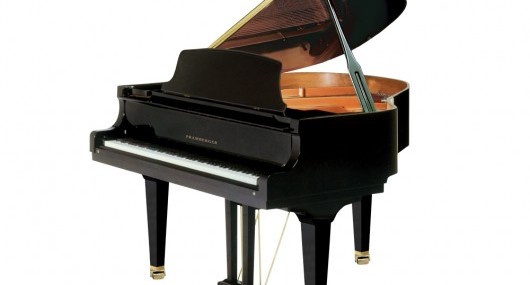
 2. One of the most famous pianos is a Steinway. Steinway & Sons was started in 1853 by Engelhard Steinweg and his three sons – who later Americanized his name to Henry Steinway as a way to compete in the American marketplace. There are currently six Steinways in the Smithsonian collection.
2. One of the most famous pianos is a Steinway. Steinway & Sons was started in 1853 by Engelhard Steinweg and his three sons – who later Americanized his name to Henry Steinway as a way to compete in the American marketplace. There are currently six Steinways in the Smithsonian collection.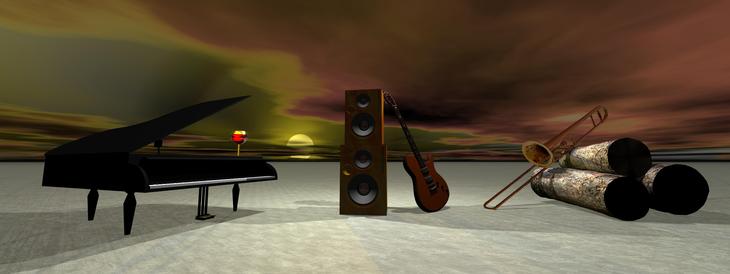


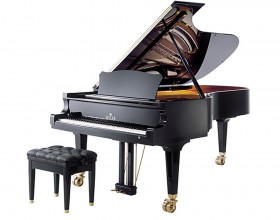 A grand piano will sound different than other pianos you may choose – an important point if you place value in your music. Not only will the instrument produce different sounds because of its design, it also needs more room in your home. And with more room brings more opportunity for the sound to travel.
A grand piano will sound different than other pianos you may choose – an important point if you place value in your music. Not only will the instrument produce different sounds because of its design, it also needs more room in your home. And with more room brings more opportunity for the sound to travel.